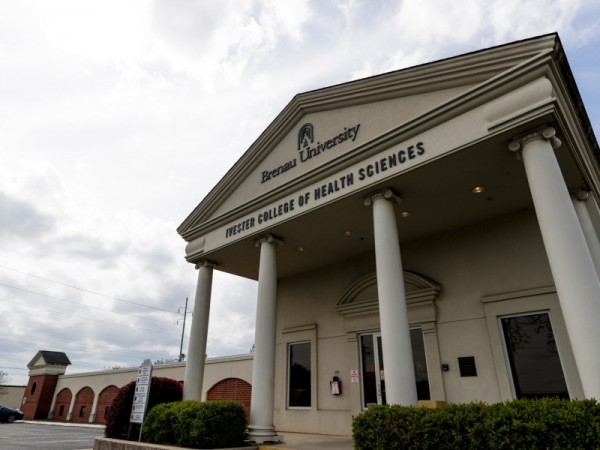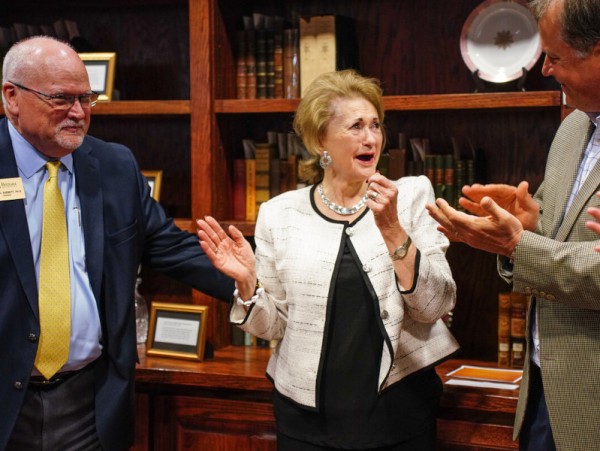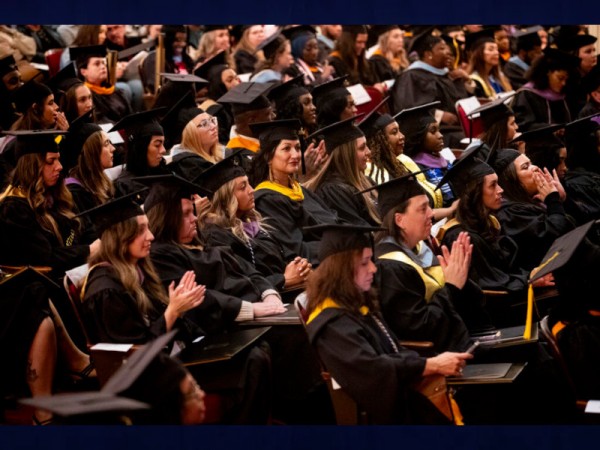The Los Angeles Police Department has been under fire after the Brennan Center for Justice found the department was creating a database of social media accounts using information from field cards and other sources. But the database didn’t just include those arrested or suspects of crimes, but anyone the agency was interacting with.
Political Science Professor and Director of the Conflict Resolution and Legal Studies program at Brenau University said the concern over social media surveillance is not new.
“The ACLU called out other organizations, way back in 2016 for doing the same thing,” said Frank. “So, this is not a new phenomenon but basically, they've put some software into their system to monitor social media, and they're even adding to that by using those field cards, where they ask for a person's address that they have interacted with for some reason. And they asked for social media information on that field card, and so they're basically building a database, but they're also using - it's kind of an algorithm that allows them to monitor what they view as suspicious, social media activity.”
Frank said using social media to stop the public from peacefully protesting would be considered an infringement of the First Amendment. He said there’s also the element of using the algorithm to surveil those of certain affiliations, like gang members. But Frank said divorcing the use of social media as a tool from policing is unlikely, as it has become engrained in investigative work.
Many would argue social media becomes a public matter when people chose to post online, but Frank said the concern from the Brennan Center really lied in the use of the data.
“The data is out there, and if you've put it out there, you've lost any claim to privacy, because you've put it out on social media. But the question is, for me, what do law enforcement officers do with the data and is there any oversight of what they do with the data and I think that's where the real questionable part of this is because, hey, if you've got law enforcement gathering information that's fine. The question is what do they do with it,” said Frank.
And he said this type of investigative lead was not new. “Just to take it back a few years, you know, when there were protests, before the internet the way that you got news out about a protest was you put leaflets out and you stuck billboards on the telephone poles and you got people involved in that manner and of course law enforcement would follow up on those things and make sure that they had assets in place if there was going to be some sort of problem,” he said.
“It's a more sophisticated use of that kind of investigation. And, and I think for me that the troublesome issue is, we have no oversight, either legally or within the department about what happens to this data.” Frank said, however, organizations using the Freedom of Information Act and local journalism played major roles in oversight on police activity, just not as “built into the systems as maybe we would want it to be.”
What shocked many was that the LAPD was collecting social media information for anyone they interacted with, not just criminals or suspects or persons of interest. But Frank said the average citizen may underestimate how much surveillance is really going on in their day-to-day life.
“I think most of us are on camera more often than we know, and I'm not entirely sure that we can, we can avoid that problem either,” said Frank. “I am concerned about some of the errors in facial recognition technology. And those need to be addressed, because you can wind up, you know, finding someone that isn't doing anything wrong and suspecting them of a wrongful activity. But in terms of you being on camera, most of us are most of the time, even in a place like Gainesville.”
He added that most people carry a cell phone, which can easily be tracked, everywhere they go.
As for if the social media information collection is a violation of Constitutional rights, Frank said the courts will eventually have to decide that issue.
“There are some lawsuits where, you know, maybe people who are accused of activity that they just do bring a civil action against a police department who is using this information and that's why they, they got involved,” said Frank. “Eventually the courts are gonna have sort it out, or Congress is going to have to pass some laws on the proper use of this kind of information from the social media companies, and all the hearings we had in Congress over the past couple of years regarding social media, that sort of points to a desire by Congress to regulate them in some fashion.”
And Frank said in the modern day, we can expect surveillance to happen, but citizens need to know their rights.
“I think there should be limitations placed on the use of this information, either through legislation or court action, and we just need to be, we need to be vigilant about giving up this kind of information without knowing what that information is going to be used for,” Frank said. “But as far as law enforcement using social media as part of their normal investigations, that's happening now it's happened for five years or more and it's going to continue to happen.”
















